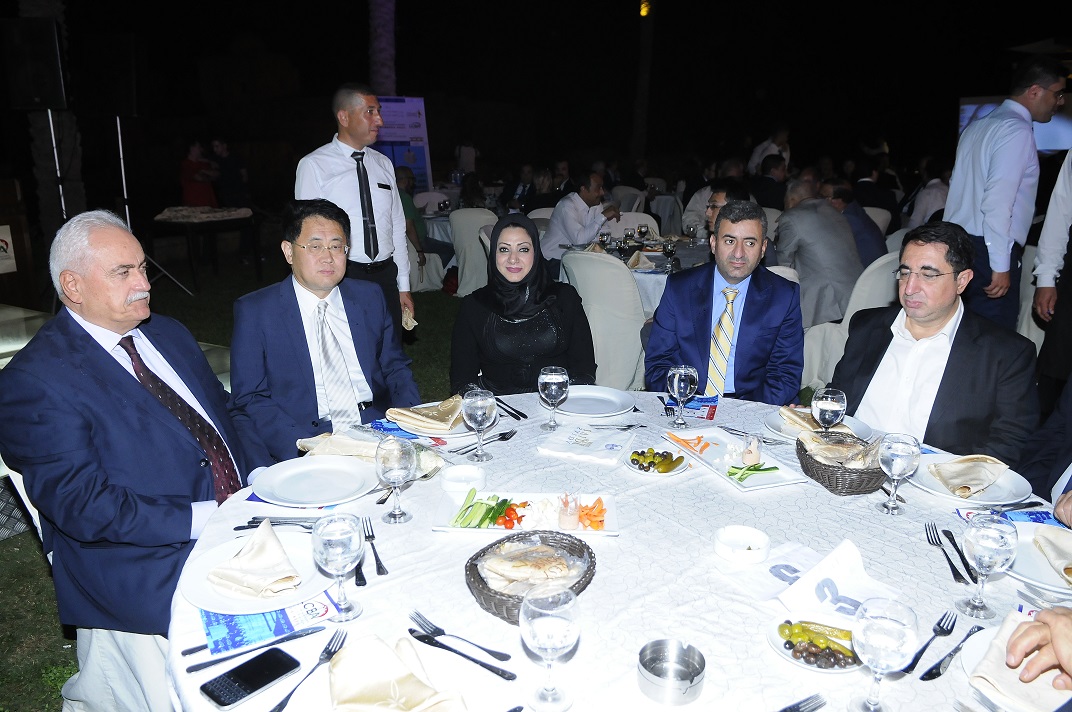Lebanese-Chinese Businessmen and Businesswomen Association (LCBA) and China Council for the Promotion of International Trade (CCPIT) sign an agreement
LCBA Ceremony in the occasion of the 6th Session of the ARAB CHINESE Businessmen Conference on the occasion of signing an agreement with the Chinese commercial Promotion International Trade (CCPIT)
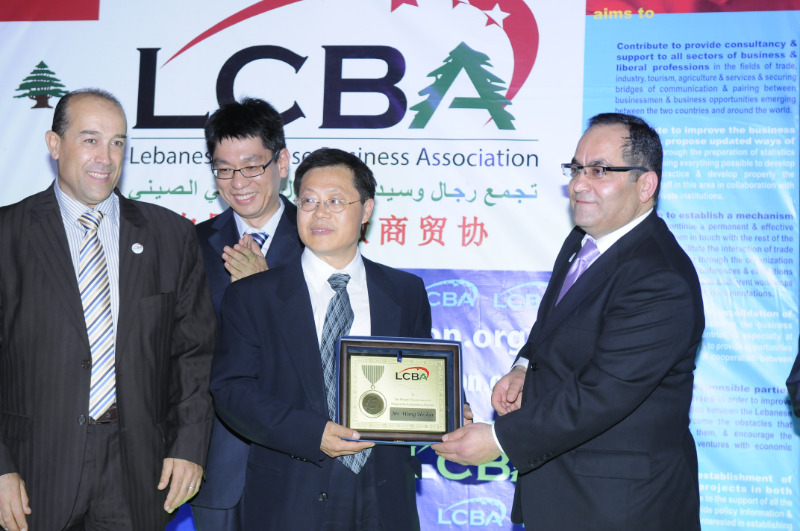
Beirut, May 28, 2015
“Lebanese-Chinese Business Association”
organizes a gala dinner for the participants of the Arab Chinese Businessmen's Conference and the fourth session of the Investment Seminar
The Lebanese-Chinese Business Association (LCBA) held an honorary dinner yesterday at the Saida Tourist Rest House on the occasion of the sixth session of the Arab Chinese Businessmen's Conference and the fourth session of the Investment Seminar, which was held under the theme “Building an Economic Belt for the Silk Road”, under the patronage of His Excellency the President of the Council of Ministers. Mr. Tammam Salam.
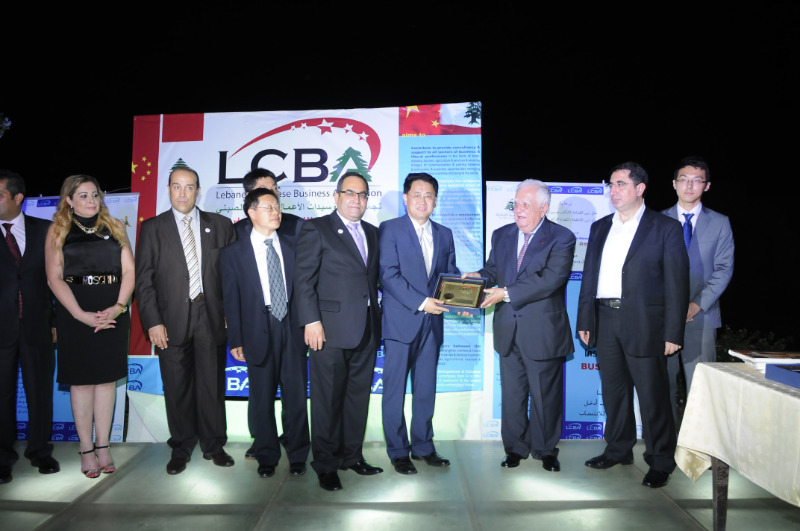
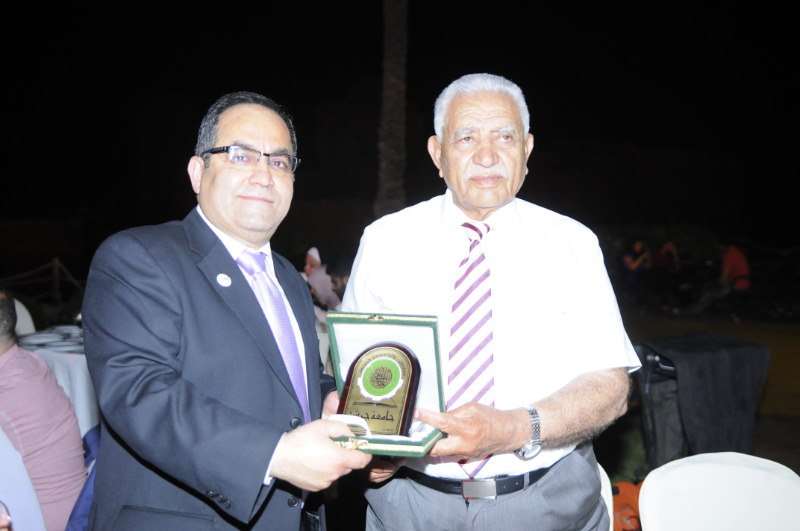
The dinner was attended by a crowd of officials, MPs, ambassadors, private sector leaders, as well as Chinese and Arab delegations participating in the conference. The dinner was also attended by heads of associations, businessmen and media professionals. H.E. Minister of Industry Dr. Hussein Haj Hassan, Honorary President of the General Union of Chambers of Commerce H.E. Mr. Adnan Al-Qassar,
H.E. Former Minister of Industry and Agriculture of the Arab Countries, Mr. Fadi Abboud, MPs Ali Adel Assiran and Dr. Michel Moussa, Ambassador of the People's Republic of China in Lebanon Mr. Jiang Jiang, Vice Governor of Ningxia Hui Province of China Mr. Wang Heishan, Chairman of the Lebanese Chinese Business Association (LCBA) Mr. Ali Mahmoud El Abdallah, Mayor of Sidon Eng. Mohammed Saudi and President of the Chamber of Commerce, Industry and Agriculture in Sidon and South, Mohammed Saleh, and many others were in attendance, among others.
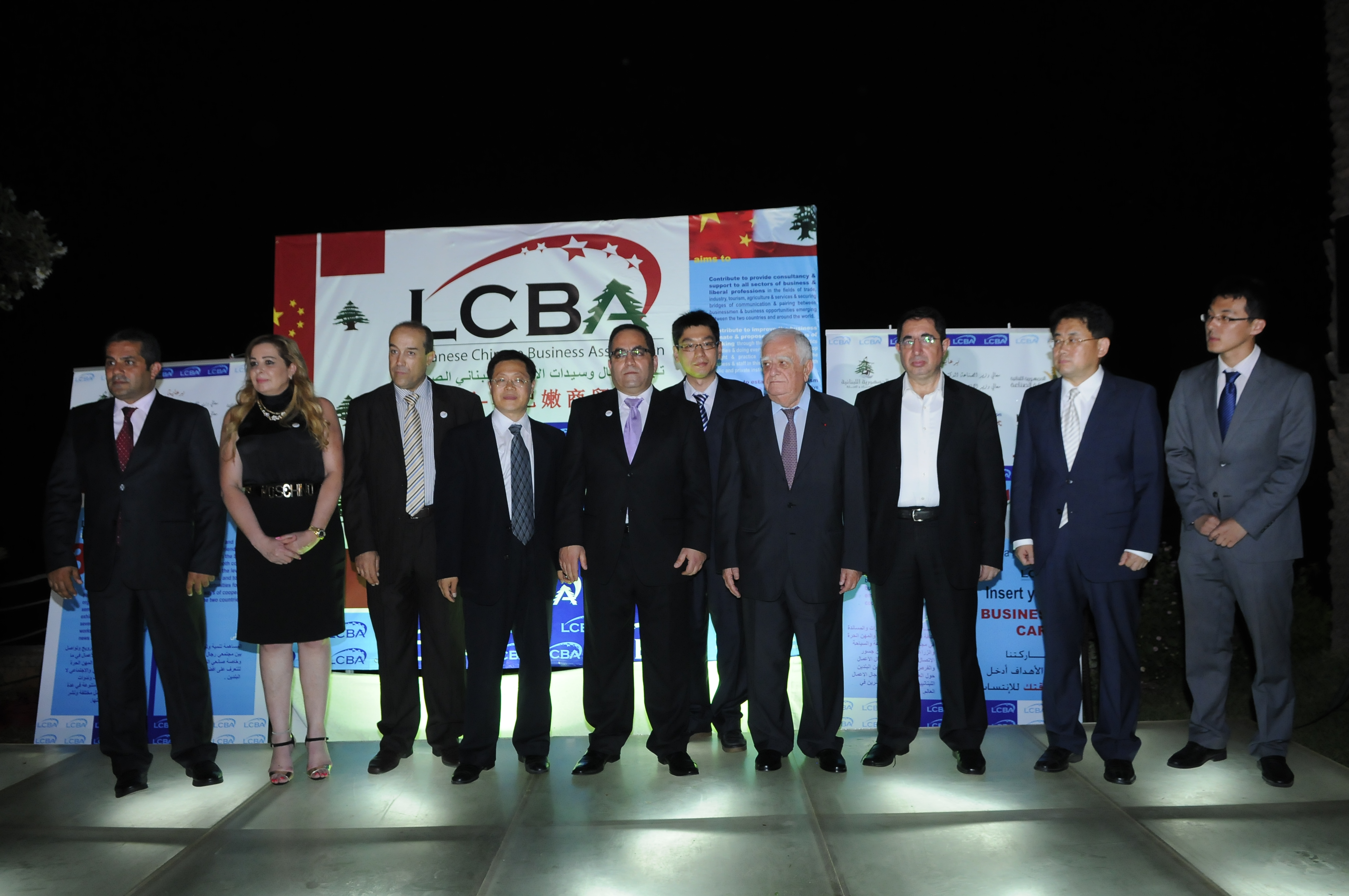
After a speech by Mr. Ali Mahmoud El-Abdallah, the President of the Lebanese-Chinese Business Association (LCBA), in which he welcomed the participants, the Minister of Industry Dr. Hussein Hajj Hassan welcomed the Chinese and Arab guests and businessmen participating in the conference and praised the Lebanese-Chinese relations, expressing his appreciation for the Republic of China and its support for the rightful Lebanese and Arab causes. Hajj Hassan also called on China to help in the process of developing Lebanese exports to China.
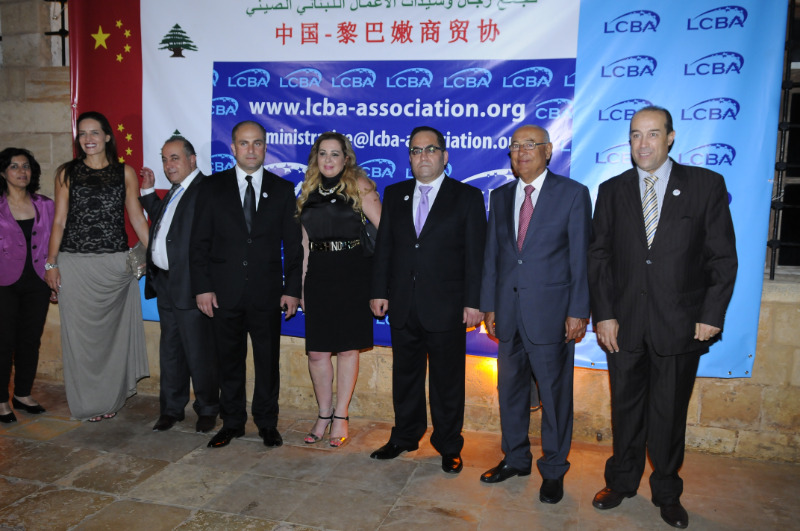
Signing the agreement
The dinner witnessed the signing of a cooperation agreement between the Lebanese-Chinese Business Association (LCBA) and the China Council for the Promotion of International Trade (CCPIT). The agreement was attended by H.E. Minister of Industry Dr. Hussein Hajj Hassan, Honorary President of the General Union of Chambers of Commerce , Industry and Agriculture of Arab Countries H.E. Mr. Adnan Al-Qassar,H.E. Ambassador of the People's Republic of China in Lebanon Mr. Jiang Jiang, the Vice Governor of China's Ningxia Hui Province Mr. Wang Heishan and CCPIT representative Zhang Xun.
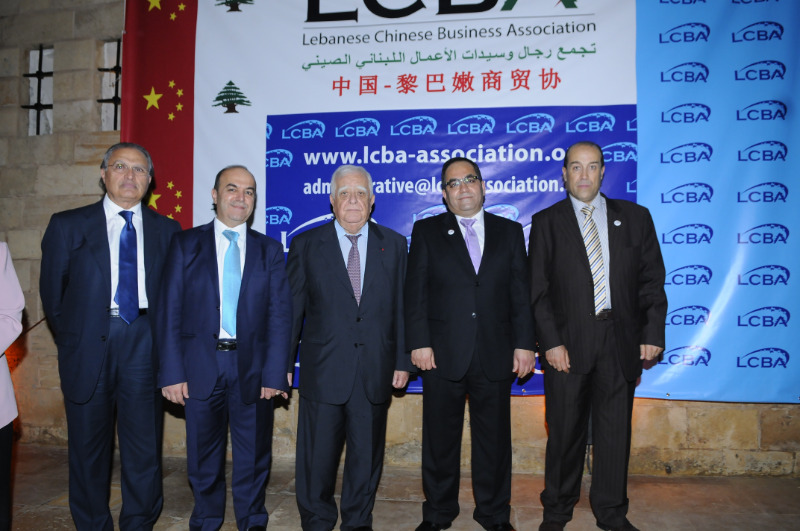
Honoring
Mr. Adnan Al-Qassar, Honorary President of the General Federation of Chambers of Commerce, Industry and Agriculture of the Arab Countries, H.E. Mr. Jiang Jiang, Ambassador of the People's Republic of China to Lebanon, CCPIT representative Zhang Shun and H.E. Wang Heishan, Vice Governor of Ningxia Hui Province of China. The Mayor of Saida, Eng. Mohammed Al-Saudi, also presented a symbolic gift related to the history of Saida to H.E. Mr. Jiang Jiang, Ambassador of the People's Republic of China to Lebanon.
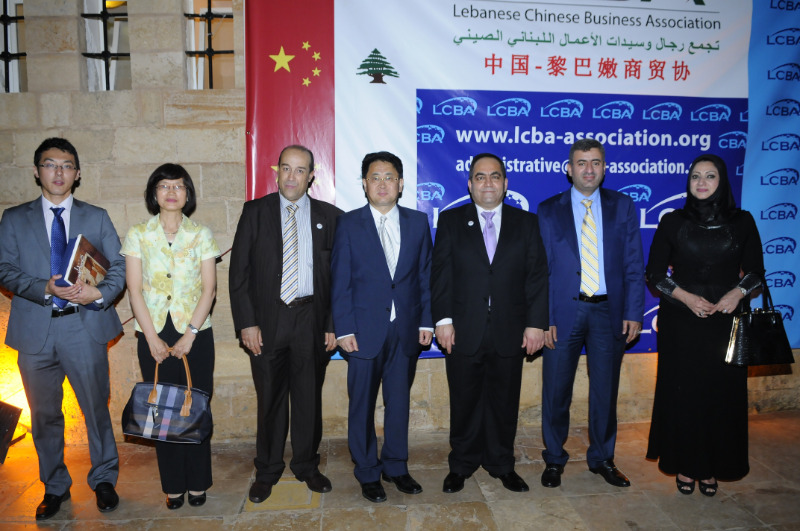
Ali Mahmoud El-Abdallah's speech at the dinner
In his speech during the dinner, Mr. Ali Mahmoud Al-Abdallah, President of the Lebanese-Chinese Business Association (LCBA), welcomed the attendees and said: “The LCBA chose the city of Sidon and this particular place to hold this honorary dinner for four reasons. First, as you can see, this place overlooks the naval fortress of Saida, whose construction dates back to the 13th century AD, i.e. to the Crusader era. It was during this period that Arab-Chinese trade relations experienced a golden phase as Islamic trade caravans began to arrive in China, crossing one of the longest trade routes in the world, the Silk Road. There they were introduced for the first time to the depth of the ancient Chinese civilization, which today is the oldest continuous civilization on earth. Secondly, this period coincides with the celebration of the anniversary of the liberation of the South from the Israeli enemy, which has always expressed its hatred and barbarism towards Sidon and its people. Third, the founding of the city of Sidon dates back to the fourth millennium BC, the period that witnessed the birth of the Chinese civilization. Fourthly, Sidon is the city of the two martyrs, President Rafik Hariri and the militant Maarouf Saad.”
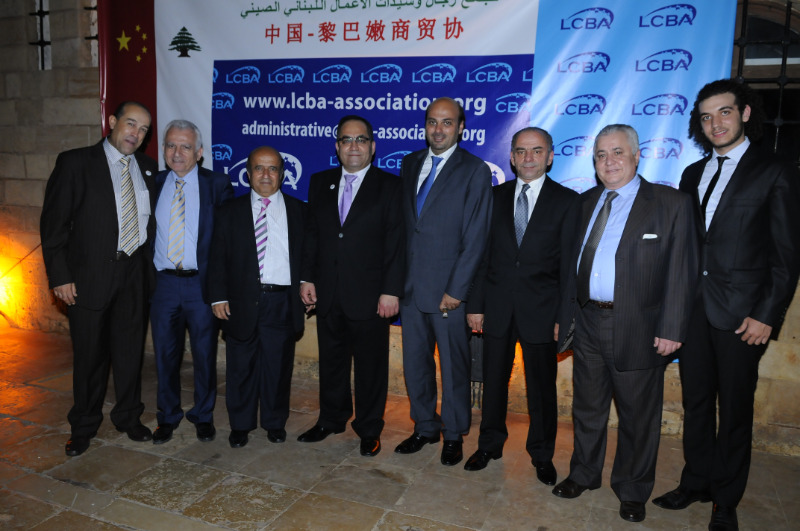
He then gave an overview of the Lebanese-Chinese Business Association (LCBA). “This group was established with an ambitious plan to support economic and trade relations between Lebanon and China,” he said. The founders leveraged their strong network of relationships on the economic level in both Lebanon and China. The launch of the group's work from the Adnan Kassar Building for the Arab Economy at the beginning of this year was a very important occasion, as the event was sponsored by H.E. Minister of Industry Dr. Hussein Hajj Hassan and H.E. Minister of Economy and Trade Dr. Alain Hakim. His Excellency Mr. Adnan Kassar, Honorary President of the General Union of Chambers of Commerce, Industry and Agriculture of the Arab Countries, welcomed us to launch our activities. Mr. Mohammed Choucair, President of the Federation of Chambers of Commerce, Industry and Agriculture in Lebanon, participated in the ceremony. We had the honor of hosting the Ambassador of the People's Republic of China to Lebanon, Mr. Jiang Jiang. The launch ceremony was attended by a crowd of officials, heads of associations and economic people, representatives of international organizations, media professionals, economic experts and businessmen.”

He added: “From the first day of its launch, the Lebanese-Chinese Business Association focused on a set of objectives, which were as follows: Contributing to providing all kinds of consultations and support related to China for all businessmen in various economic sectors. Providing statistics, data and information related to economic activities between Lebanon and China. Also, providing information about the products and services provided by Lebanese businessmen in China, organizing economic events in China to secure a common ground that allows the formation of relations between Lebanese and Chinese businessmen, and providing information about exhibitions, trade conferences and economic events organized in China, their dates, importance and specialization. The group also works to organize trips for Lebanese business delegations to China to participate in value-added events for them and to provide information services about Chinese companies as well as financial and administrative consultations for Lebanese businessmen. In addition to supporting the process of improving the business environment for Lebanese businessmen in China, proposing ways to modernize business methods by preparing studies and publishing statistics in cooperation with relevant institutions and people, supporting the establishment of relations between businessmen and official people in China, and contributing to overcoming obstacles facing the establishment of joint ventures.”
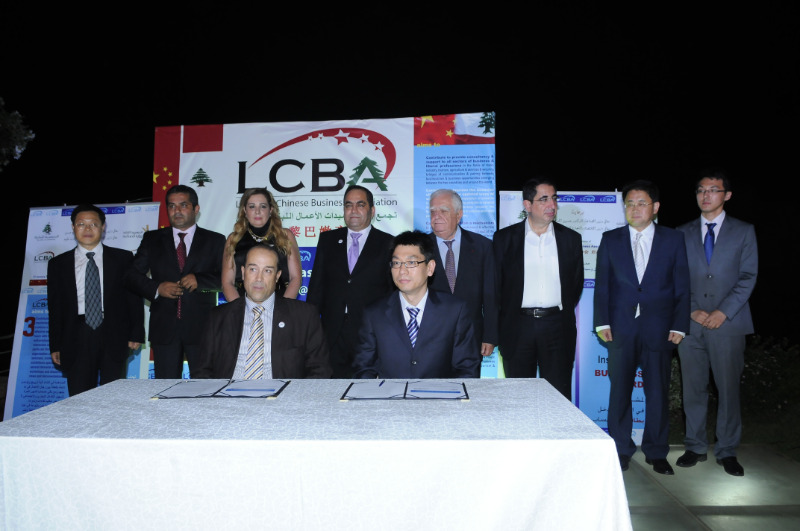
Ali Mahmoud El-Abdallah's speech at the conference
Mr. Ali Mahmoud Al-Abdullah, President of the Lebanese-Chinese Business Association, spoke at the Arab Chinese Businessmen's Conference and the fourth session of the Investment Seminar within the session “Building the Chinese-Arab Trade and Economic Partnership for One Silk Road and”.
The conference was held on May 26 and 27, 2015.
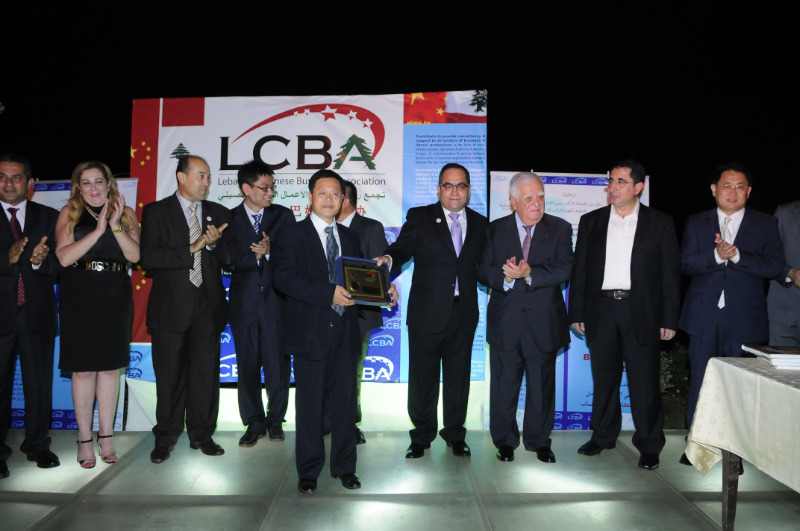
In his speech, Ali Mahmoud El-Abdullah said: “About 2,000 years ago, in the first century AD, Arabs entered China via caravans that crossed one of the longest trade routes in the ancient world, especially between West Asia and China. The Arab caravan route to China began on the shores of the Mediterranean Sea and passed through Syria and Iraq, through Persia and India to China, specifically to Chang ‘an, the capital of the Tang Dynasty, in the city of Xi'an in today's Shaanxi Province. The caravan route was called the Silk Road. Back then, the merchants carried with them, along with their goods, their culture, principles, ethics and convictions, and were thus the first representatives of their civilizations and the builders of the first bridges between Arab and Chinese civilizations.”
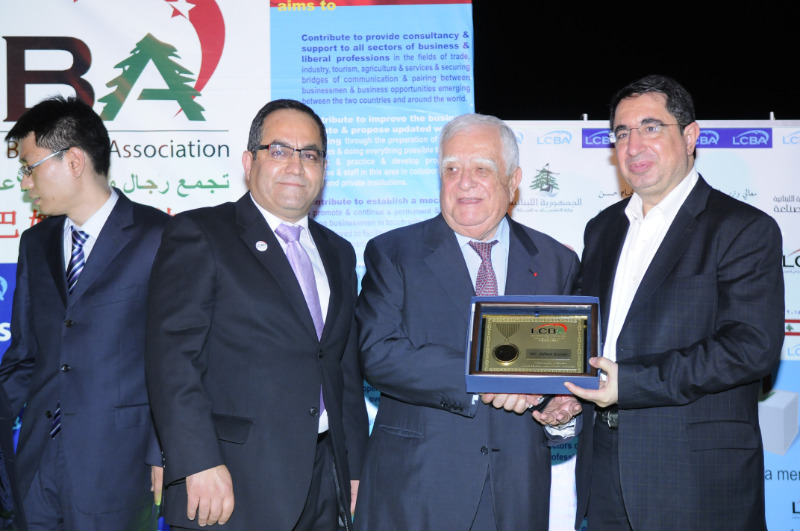
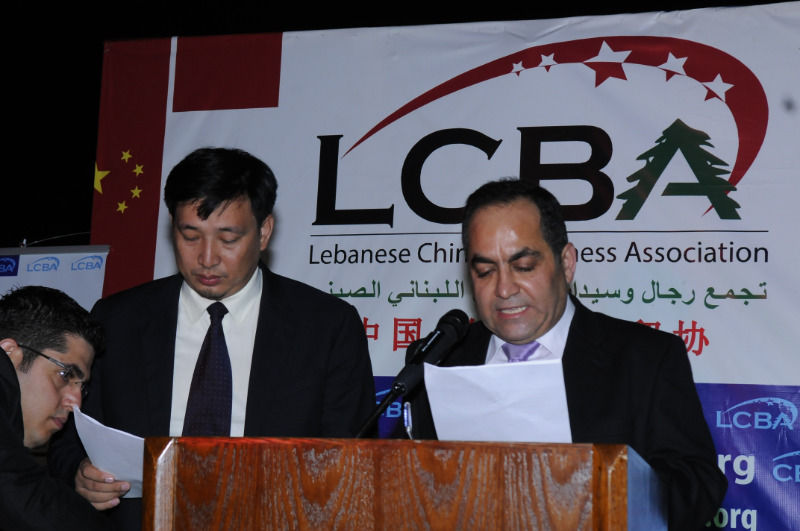
He added: “Today, twenty centuries later, what has changed in the scene? How do Arab-Chinese relations look on the economic level? Today, China views the Arab countries as a promising and vast market, with great trade opportunities and a major source of oil. Over the past decades, China has developed its economic and political relations with all Arab countries and boosted its exports and services. Today, Chinese companies are active in various fields of the Arab economy, from equipment and machinery to healthcare, telecommunications and information technology to various commercial fields. As for the Arab countries, they view China as one of the largest global markets in which all opportunities have yet to be discovered, due to a number of reasons, the most important of which is the timid productive power of the Arab countries on the one hand, and the lack of a clear Arab economic vision towards China.
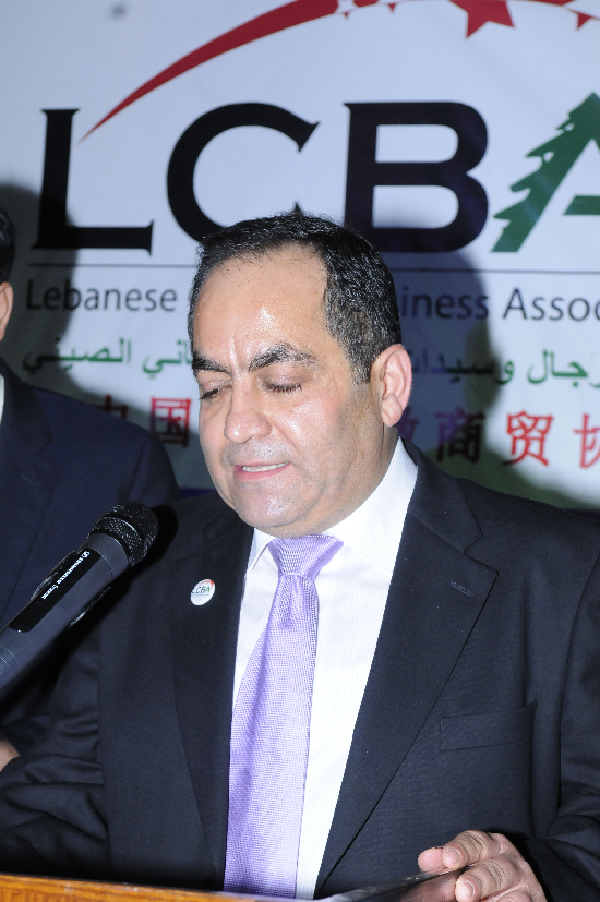
Ali Mahmoud El-Abdallah presented figures on Arab-Chinese relations, saying: “Over the past two decades, Arab countries and China have achieved a clear growth in economic relations. The 1990s witnessed a significant rise in the volume of trade exchanges. From less than 100 million dollars at the end of the 1980s, these transactions rose to about 100 billion dollars in 2010. Chinese-Arab trade doubled again, reaching $222 billion by the end of 2012, making the Arab countries China's sixth largest trading partner, despite the global financial crisis and the political and economic hurricanes that hit the Middle East. In the energy sector, Arab countries have become China's largest supplier of crude oil, and 2005 marked a turning point in this area when Chinese oil imports from Arab countries reached about half of China's total oil imports for the first time. Given China's economic growth projections for the coming years, the volume of oil imports is set to increase significantly. Perhaps it is precisely from this angle that we can understand and recognize the magnitude of the responsibility placed on both sides to achieve a significant development of relations at all levels.”

